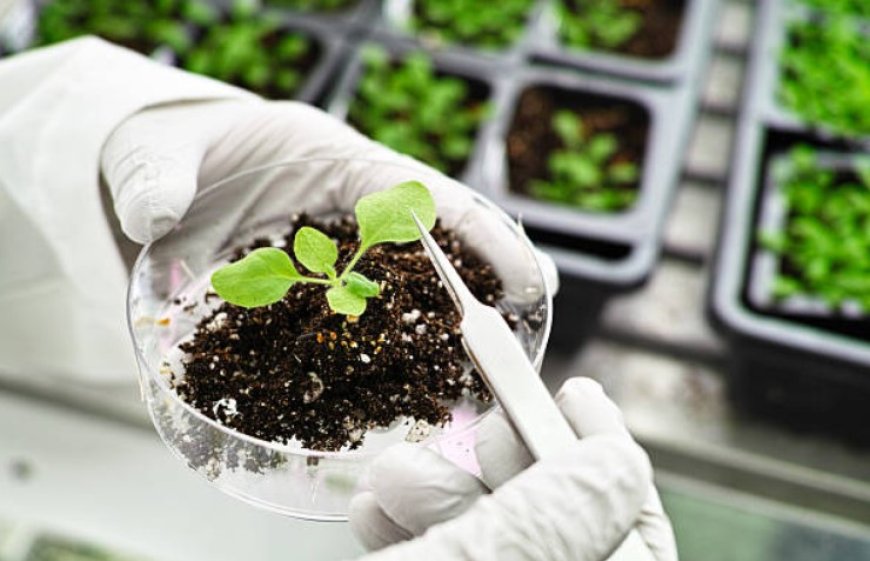Exploring the Ethical and Environmental Concerns of Biotechnology
Balancing Innovation and Responsibility in a Biotech World

Biotechnology is a field accompanying excellent potential for two together benefits and concerns, including righteous and referring to practices or policies that do not negatively affect the environment concerns. Here are few of the moral and material concerns associated with biotechnology:
Ethical Concerns:
1. Genetic Modification: Genetic engineering and deoxyribonucleic acid refining methods like CRISPR-Cas9 raise righteous questions about the change of an organism's DNA. This contains concerns about creator babies, the potential for unintentional results, and "bringing about death for a sufferer" by maneuvering the genetic structure of living structures.
2. Ownership and Patents: Biotechnology frequently includes the invention of novel organisms or hereditary matters, that maybe control. This can bring about concerns about the monopolization of genetic possessions and the impartial disposal of benefits, specifically in the case of innately modified crops.
3. Informed Consent: In human biotechnology, guaranteeing cognizant consent from partners in dispassionate troubles and genetic experiment is important. There is a risk of bleeding and potential harm when things are not sufficiently conversant or when they cannot provide conversant consent on account of their age or ability.
4.Privacy: Advances in biotechnology, in the way that embodied medicine and historical create a likeness in a picture, raise concerns about the solitude and freedom of historical facts. Unauthorized access to historical dossier can bring about bias or added ethical issues.
5. Environmental Release of Modified Organisms: The release of innately reduced structures (GMOs) into the surroundings can have unintentional results, such as the fertilize of reduced class accompanying untamed populations, conceivably upsetting environments.
Environmental Concerns:
1. Biodiversity: GMOs can have unintentional belongings on local biodiversity when they mix with intense class. This can bring about the deficit of native variety or the proliferation of obtrusive class.
2. Pesticide Resistance: The use of innately changed crops that are opposing to viruses has led to the progress of poison-opposing bugs and weeds. This can influence increased poison use, injuring the surroundings.
3. Monoculture: The extensive approval of a few innately changed crop assortments can bring about monoculture ranching, place a single crop dominates abundant land extents. This reduces biodiversity and increases the exposure of crops to contagions and diseases.
4. Bioremediation: While biotechnology maybe secondhand for material explanation (bioremediation), skilled are concerns about unintentional consequences, containing the spread of innately reduced animals to unintentional areas.
5. Resource Intensiveness: Some biotechnological processes, in the way that big effervescence for biofuel result, maybe capital-intensive and have negative tangible impacts alternatively governed sustainably.
6. Ethanol Production: The result of biofuels like flammable liquid from crops can lead to clear-cutting, raised land use for farming, and contest accompanying cooking crops, which can have negative material and moral associations.
It's main to note that biotechnology again offers solutions to many material challenges, to a degree cultivating tenable biofuels, designing referring to practices or policies that do not negatively affect the environment plastics, and reconstructing crop elasticity in spite of surroundings change. The moral and environmental concerns guide biotechnology climax the need for painstaking organizing, transparence, and ethical directions to be dramatic allure benefits while underrating potential harms.









































































































































































































